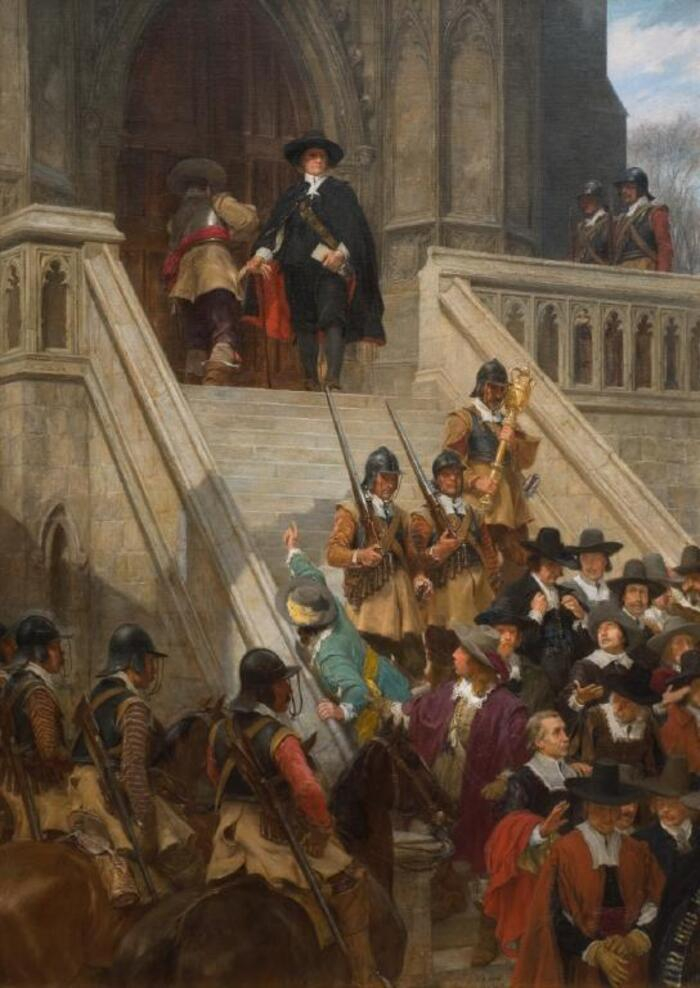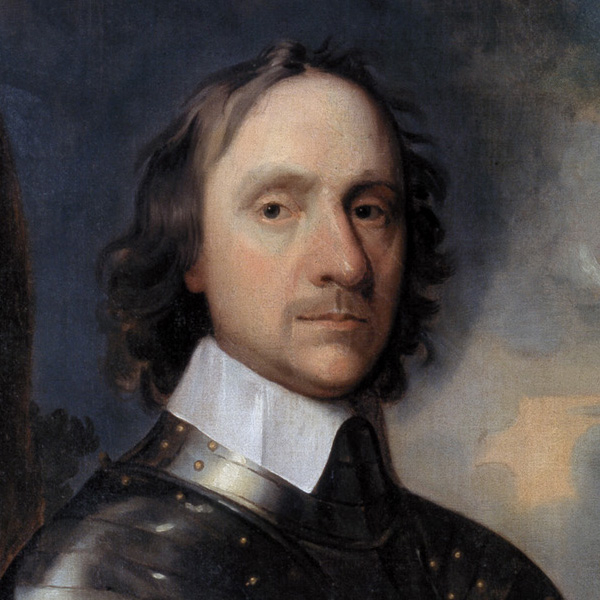Cromwell became the Member of Parliament 1628–1929 and 1640–1642
Cromwell became the Member of Parliament for Huntingdon in the Parliament of 1628–1629, as a client of the Montagu family of Hinchingbrooke House. Only one speech (against the Arminian Bishop Richard Neile), which was poorly received, is recorded in the parliamentary records, indicating that he had little impact. Charles, I ruled without a parliament for the following 11 years after dissolving this one. Lack of resources compelled Charles to call another Parliament in 1640 when he had to deal with the Scottish uprising during the Bishops' Wars. As a representative of Cambridge, Cromwell was re-elected to this Parliament, which became known as the Short Parliament because it only lasted three weeks. In 1640, Cromwell relocated his family from Ely to London.
Later that year, a second Parliament was called; it was dubbed the Long Parliament. Cromwell was elected to the Cambridge City Council once more. He most likely obtained his position through the favor of others, as was the case with the Parliament of 1628–1629. This may help to explain why, in the first week of the current session, he was tasked with presenting a petition for the release of John Lilburne, who had become a Puritan cause célèbre following his arrest for bringing religious tracts from the Netherlands. For the first two years of the Long Parliament, Cromwell was associated with the devout group of aristocrats in the House of Lords and Members of the House of Commons, including the Earls of Essex, Warwick, and Bedford, Oliver St. John, and Viscount Saye and Sele. At this point, the group's agenda for reformation included the moderate expansion of freedom of conscience and the executive being checked by regular parliaments. It appears that Cromwell participated in some of this group's political ploys. For instance, he proposed the Annual Parliaments Bill's second reading in May 1641, and he later contributed to the creation of the Root and Branch Bill, which abolished the episcopacy.










